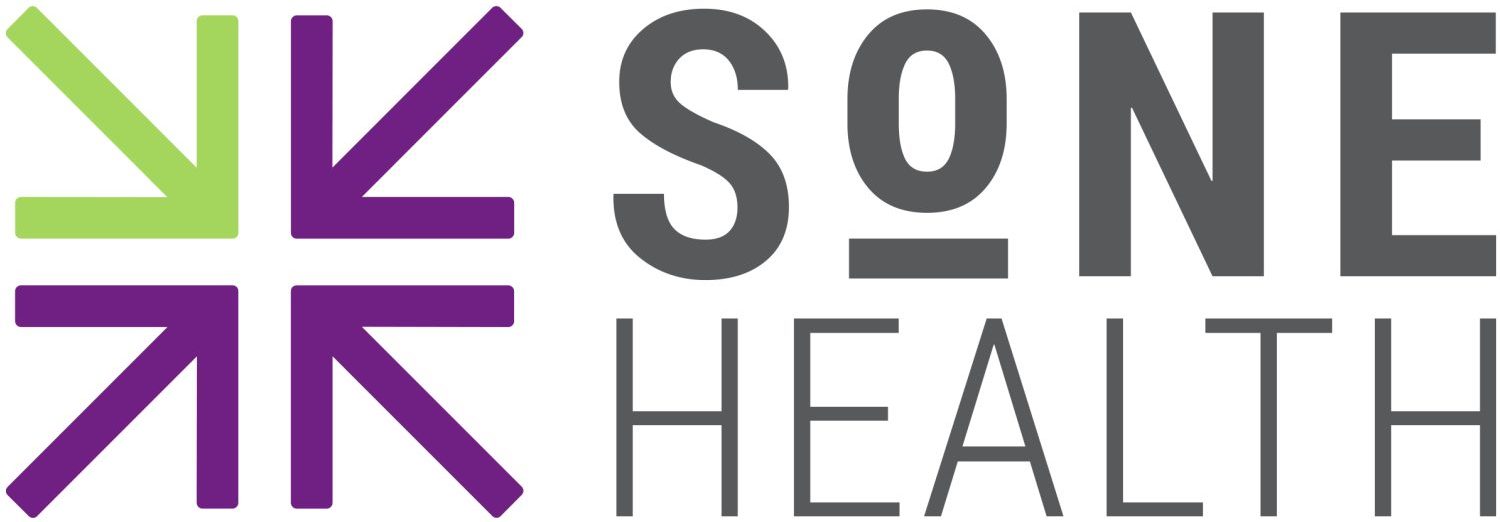By: Lisa Flynn, MPH, Program Support Coordinator at SoNE HEALTH
Food insecurity is not having, being uncertain of having, or being unable to acquire enough food to meet one’s basic needs due to insufficient funds or other resources for food. In the United States, roughly forty-two million people do not know where their next meal will come from, resulting in a population of children and adults that are both obese and malnourished from living on a steady diet of easily accessible, processed foods. What follows is a string of consequences including, but not limited to hypertension, high cholesterol, type II diabetes, cancer, arthritis, joint problems, sleep apnea, asthma, and various psychological issues like depression and anxiety.
The solution seems apparent: promote a diet directed toward fresh, whole foods; however, services like the Supplemental Nutrition Assistance Program (SNAP) often do not provide enough benefits for recipients to purchase a variety of healthful foods. Families understand the benefits of purchasing and buying foods that are not frozen, shelf-stable, or preserved in any way. However, many experience barriers to nutrition that include price, lack of nutritional education, cultural divides, or lack of transportation to fresh food grocery stores. One way systems can attempt to combat food insecurity is through food-as-medicine programs, which have the potential to supplement individuals’ dietary needs by providing fresh produce. Ultimately, providing the means to access should increase consumption and decrease related illnesses.
In January, SoNE HEALTH and several other collaborators started working together biweekly to assist with the development of a new Food as Medicine Pilot Program, spearheaded by Carolyn Alessi, Regional Director of Community Health and Well-Being at Trinity Health Of New England. This program, which includes access to a fresh food pantry at Saint Francis Hospital and a fresh food pantry and community kitchen on the Mount Sinai Rehabilitation Hospital campus, aims to address health inequities in the Hartford community’s most underserved patients through food prescriptions, nutrition education, lifestyle changes, and consistent monitoring.
This group of collaborators was eventually divided into two subgroups: those working on community design and those working on research design, SoNE’s involvement was with the latter. The target population for the pilot year of this program is dually eligible Medicaid/Medicare patients living in Hartford with a diagnosis of Type II Diabetes, Congestive Heart Failure, and/or Hypertension. Patients are to be referred for participation by their primary care provider at Gengras Medical Clinic or Burgdorf Health Center, and metrics such as weight, blood sugar, and blood pressure will be tracked at scheduled follow-up visits. Over a 6-month intervention, participants will receive nutrition education, food prescriptions, and support from community health workers. Culturally appropriate, healthy cooking classes will reinforce knowledge, teach skills, and build a sense of community support to help patients make positive and permanent lifestyle changes.
Ultimately, the pilot program hopes to meet the following objectives:
- Improve Congestive Heart Failure, Type II Diabetes, and Hypertension outcomes among the dually eligible Medicare/Medicaid population in Hartford County.
- Provide long-term, sustainable, non-pharmaceutical treatment options.
- Improve access to affordable, fresh food.
- Improve the inequities caused by social influencers of health that can lead to increased morbidity and mortality.
- Decrease hospitalization costs by improving access to non-medical interventions.
Moving forward, SoNE will assist with population support data collections and outcomes and continue collaborating with the research design team for a goal rollout of Spring 2024.

